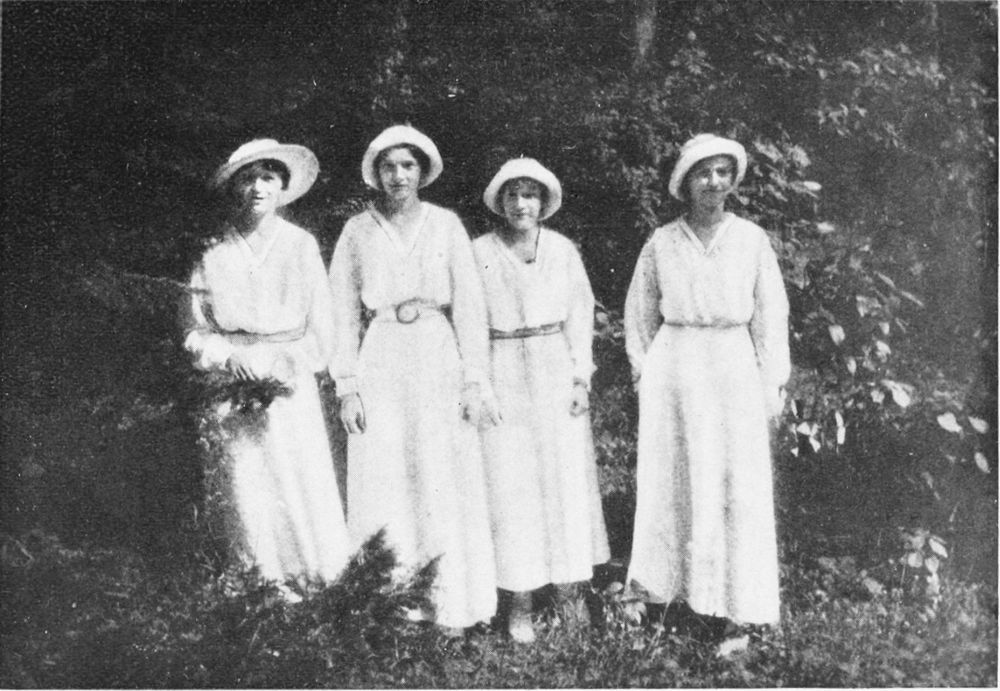History just got darker. In what experts are calling one of the most explosive archival discoveries in decades, a diary and coded telegram belonging to Yakov Yurovsky — the man who oversaw the execution of Tsar Nicholas II and his family — has been unearthed in a sealed vault in Yekaterinburg, Russia. And what it contains is nothing short of haunting.

The diary, uncovered by archivist Elena Petrova, offers an unprecedented look into the mind of the man forever linked to the end of the Romanov dynasty. But the true bombshell was hidden between its pages: a telegram dated July 16, 1918 — the night before the royal family’s execution. The message, written in code and bearing a chilling directive, reads:
“Proceed with implementation. No exceptions. Remove all evidence. The heirs must not awaken.”

The words are cold, calculated, and damning. The phrasing aligns disturbingly well with known Bolshevik communication protocols, and experts believe the initial “V.I.” marked at the top could reference Vladimir Ilyich Lenin himself — a detail that could finally confirm what historians have only speculated for more than a century: that the murder of the Romanovs was not a chaotic local decision, but an officially sanctioned execution ordered from the very top of the Soviet regime.
Yurovsky’s diary entries, written in blunt, unfiltered prose, reveal a man torn between duty and despair. He recounts how the night unfolded in terrifying detail — the confusion, the cries, the echoes of gunfire in the cellar of the Ipatiev House. In one passage, Yurovsky writes:
“They told me this was for the people. But as the bullets fell and the children screamed, I realized — tyranny had not ended. It had only changed its uniform.”

These entries shatter the long-accepted Soviet narrative that the Romanovs’ deaths were an act of “revolutionary necessity.” Instead, they expose a brutal, premeditated operation driven by fear, ideology, and power. The directive to “remove all evidence” also explains why the bodies were initially mutilated and burned, why the graves were hidden for decades, and why the Soviet government refused to acknowledge the truth until the late 20th century.
If verified, this discovery could rewrite the final chapter of Imperial Russia and force historians to reexamine Lenin’s direct role in one of the most infamous acts of political violence in modern history. For decades, debate raged: did Lenin give the order, or did local Bolsheviks act independently? Now, the evidence points toward an unthinkable conclusion — the revolution’s leader personally sanctioned the annihilation of an entire family, including the Tsar’s children, to erase any symbol of monarchy once and for all.

Beyond its historical shock value, Yurovsky’s writing humanizes a man long seen as a faceless executioner. His tone drifts from stoic to tormented, revealing a psyche fractured by guilt. He describes sleepless nights and recurring dreams of Anastasia’s terrified eyes, a haunting image that stayed with him until his death.
This diary doesn’t just reveal a secret — it reopens a wound that has never fully healed. It forces us to confront the moral void at the heart of revolutions, where ideology can drown humanity, and loyalty to power can turn men into monsters.

💀 The Romanovs didn’t just die that night — they were erased by order, by ideology, and by fear.
And now, thanks to Yurovsky’s own hand, the truth can no longer stay buried.





